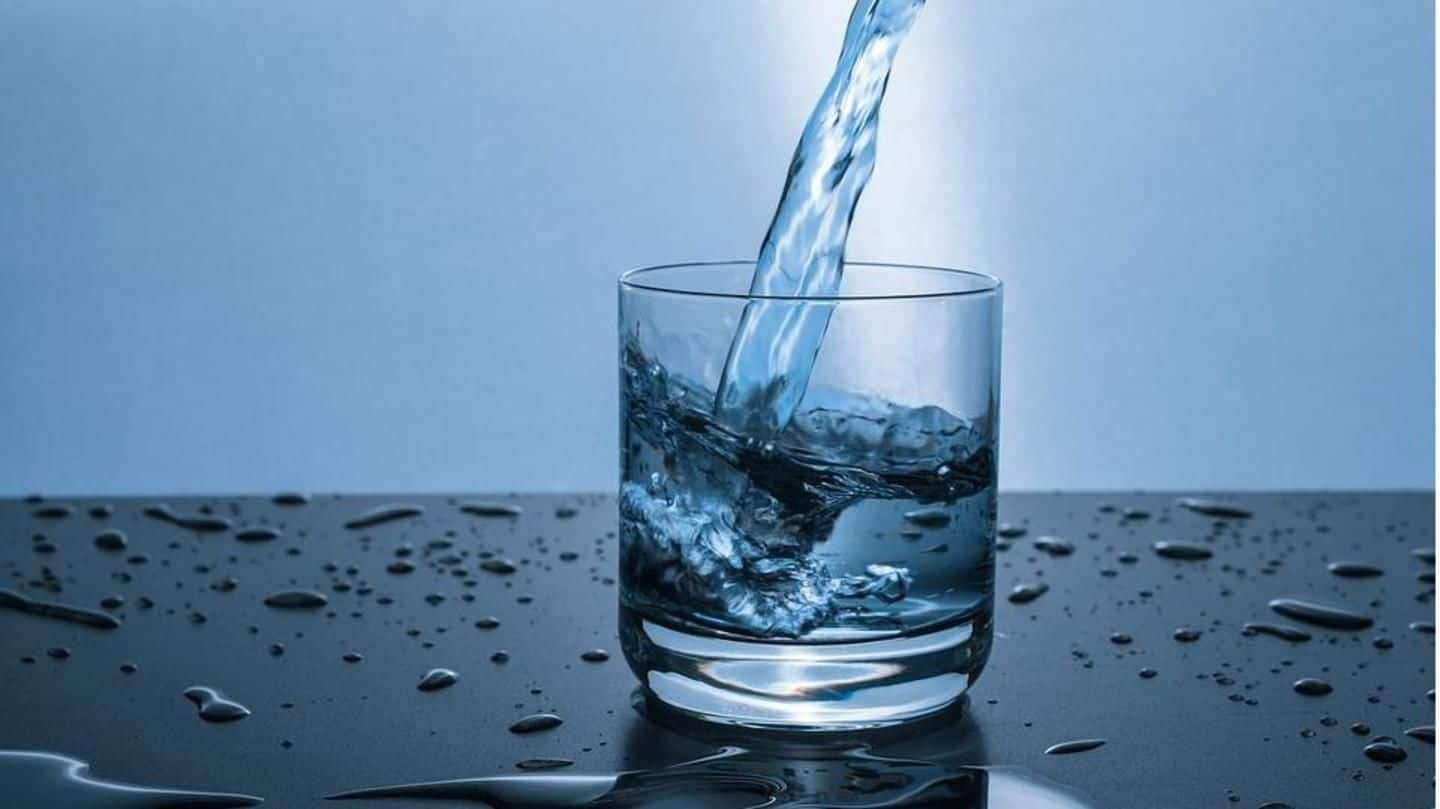
Rajasthan: IIT Jodhpur brings clay-based photocatalytic water purifying technology
What's the story
IIT Jodhpur has come up with a low-cost and environment-friendly technology for treating contaminated water by using Rajasthani clay and sunlight. A team led by Rakesh Kumar Sharma, a professor of the IIT Chemistry Department, developed the Rajasthani clay based-photocatalytic water purification technology. This technology can be used to treat contaminated water containing textile industry effluents, which is a major problem in Western Rajasthan.
Photocatalyst
Sharma explains the technology and use of the photocatalyst
Describing the technology, Sharma said that when photocatalysts are exposed to sunlight, reactive oxygen is formed which destroys the contaminants. A photocatalyst is a substance that generates catalyst activity using energy from light. However, the present set of photocatalysts are expensive and practically not viable. They are very fine particles which are difficult to retain after treatment of water," he said.
Information
How does Rajasthani clay come into use?
Sharma said the Rajasthani clay plays its role there. The clay-based photocatalysts maintain their inherent surface activity and can be recovered up to 99% after the water treatment, making it reusable, he said.
Clay-photocatalyst
Clay is natural, not harmful to environment
Since it is natural clay, it is not harmful to the environment and is safe to use even for drinkable water, Sharma said, adding that the technology can purify polluted water quickly and make it safe at a very low cost Sharma said another key feature of the clay photocatalysts is that they work well for pharmaceutical industry effluents as well.
Information
IIT Jodhpur aiming for water purification in rural areas
Sharma said IIT Jodhpur was aiming to prepare a prototype to provide a technical solution for water purification to rural and remote communities, using mobile vans equipped with the purification systems.